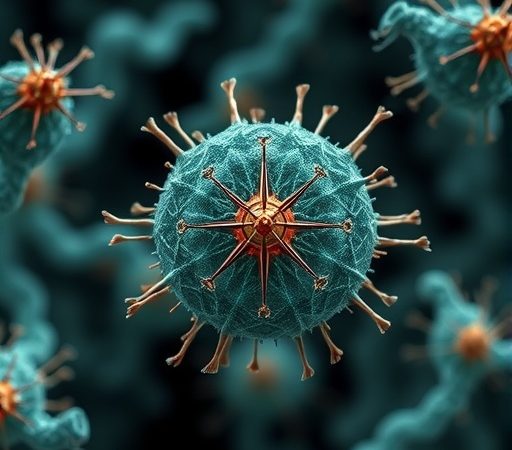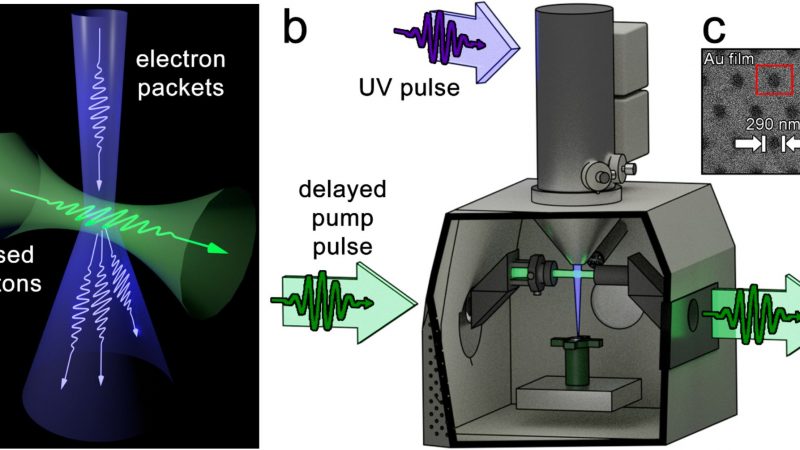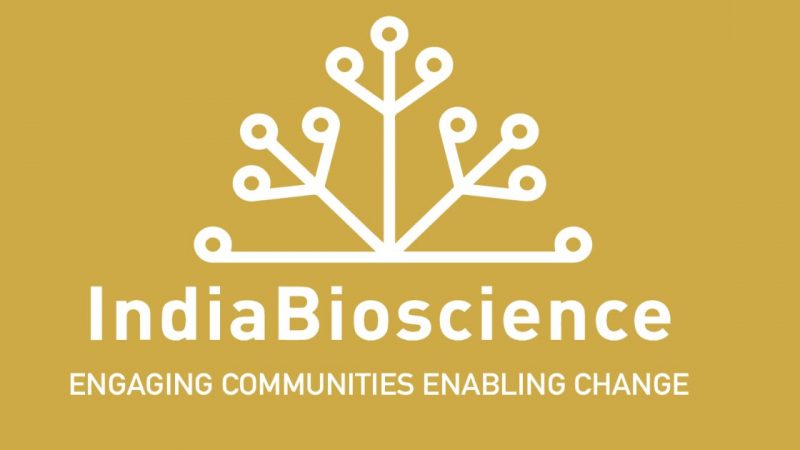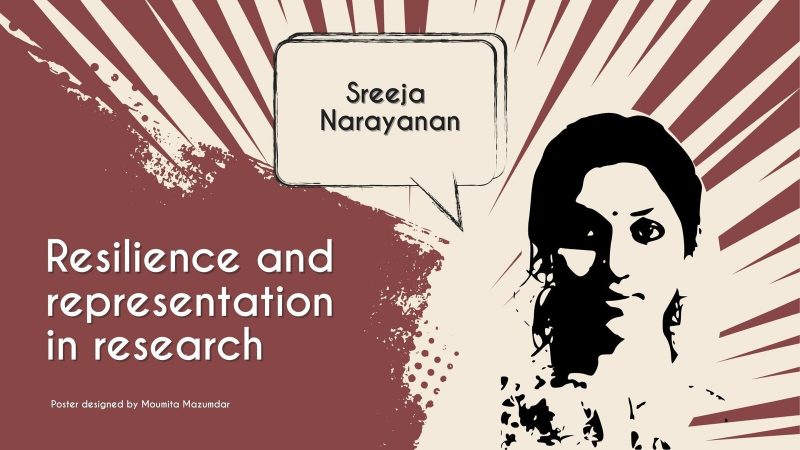‘Game-changing’ new test could detect heart attacks and some cancers faster
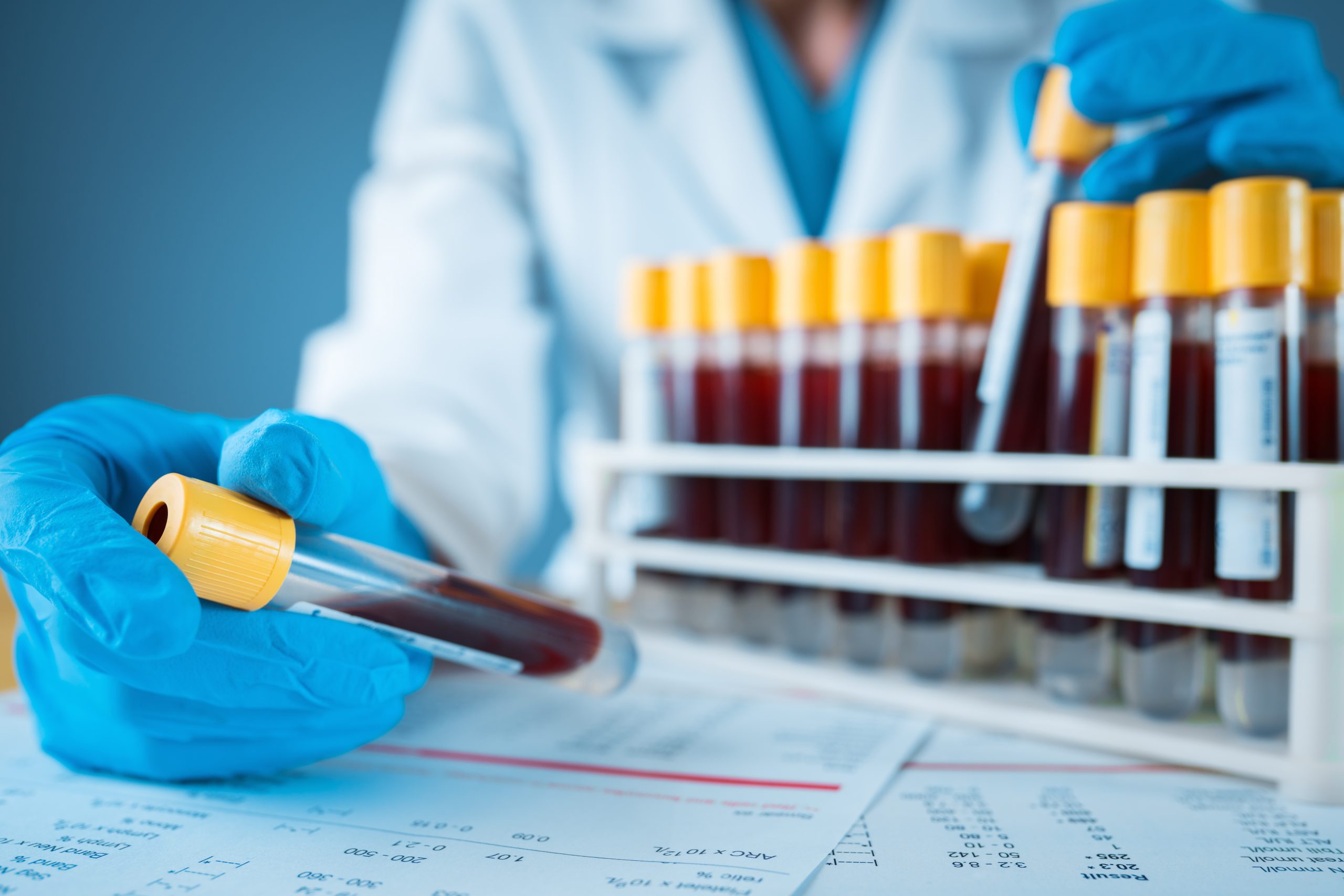
A ‘GAME-CHANGING’ new test could detect heart attacks and cancers faster, experts have claimed.
Researchers have built the technology to be used at home or at GP surgeries.
Experts at Imperial College London said the test works by finding signals in the body called biomarkers.
Many tests already use this technology for conditions such as Covid.
They are also used for other non-infectious diseases such as prostate cancer.
But the new test, called CrisprZyme, can look at the messenger (RNA) which helps create proteins in fluids like urine and blood.


With current tests, doctors struggle to see how much of a biomarker is present – as so many RNA copies are provided.
But the new test doesn’t use the same amplifying method – making the signals stronger and easier to read.
Senior author Professor Molly Stevens FRS FREng, of Imperial’s Departments of Materials and Bioengineering, said: “Our test, like others, indicates when a biomarker is present, but CrisprZyme is a simpler diagnostic than those currently available.
“What also sets it apart is that it can tell us just how much biomarker is present, which can help us not just with diagnosing a disease, but with monitoring its progress over time and in response to treatment.
Most read in Health News
“Following further development and testing in the lab, we hope this could help take us a step closer to personalised medicine whereby treatment is tailored more specifically to patients’ needs.”
What sets the new test apart, the experts say, is the fact that it is able to monitor the progress over time as well as initial detection.
Writing in Nature Nanotechnology, the medics said they are trying to make the system more user friendly.
If rolled out, it could mean the amount of time you wait to get your results back from tests carried out by your GP are slashed.
In turn, it could also ease pressure on the NHS.
Experts at Oxford University previously revealed a blood screening test that can diagnose cancer in 30 minutes.
Experts say the technique is 95 per cent accurate and picks up tumours earlier — boosting survival chances.
It uses AI to scan blood for unusual combinations of molecules, such as sugars and acids, that can be released by tumours.
In trials on 300 NHS patients, it almost always spotted cancer and experts say evidence is strong it can identify all types.
Creator Dr James Larkin said: “It’s very exciting that this technology is showing promise with cancer.
“The idea is to use it for people with non-specific symptoms like fatigue, weight loss or if you’ve got pain and you and your GP don’t know what it is.


“We need a clear way of saying, ‘This could be cancer’ because some types are harder to spot.
“Our vision is to be able to detect something before the patient even knows it’s a problem.”
